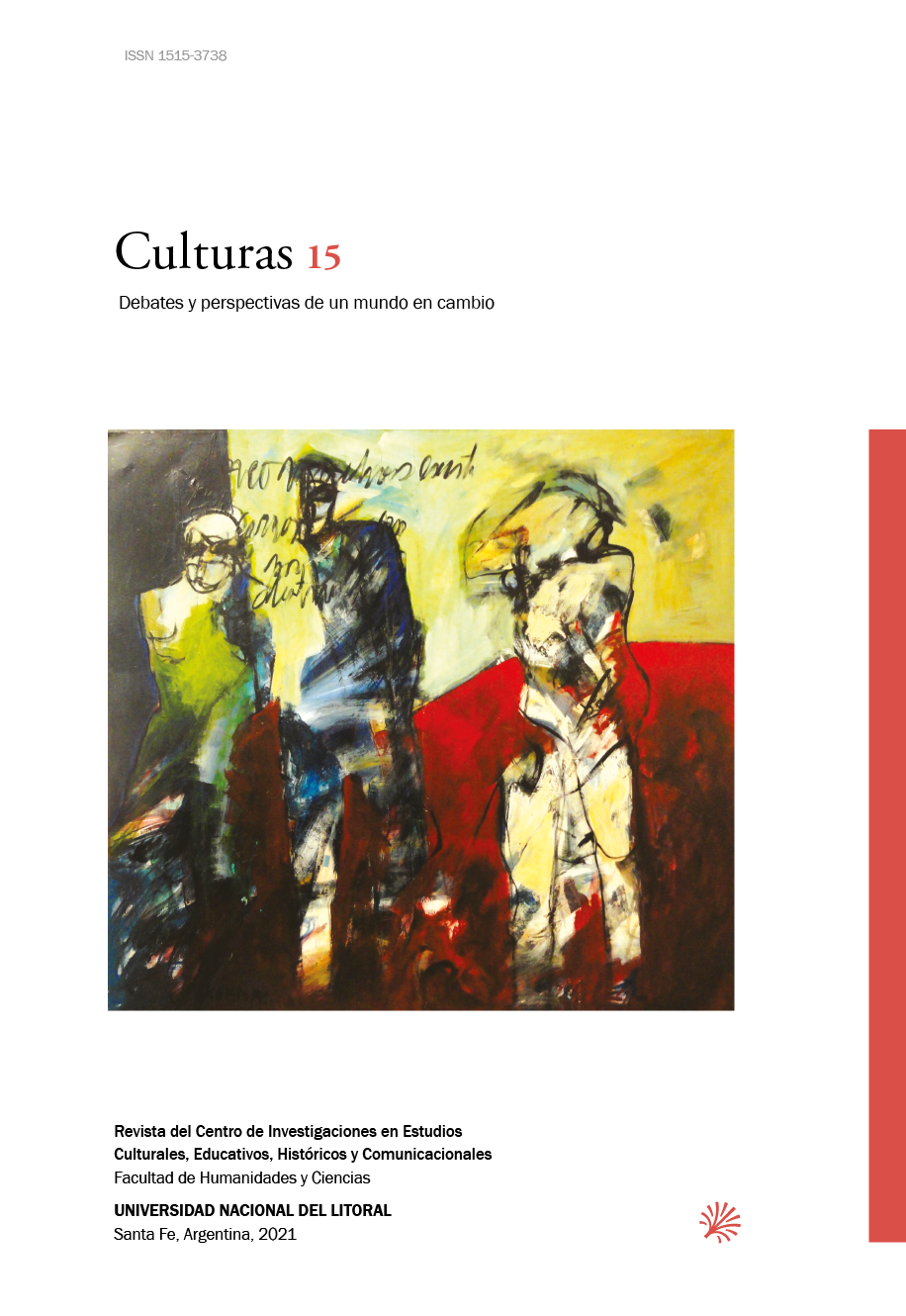Destabilization of a Brazilian memory in a documentary key:
voices of a singular and collective self in the audiovisual production of Petra Costa
DOI:
https://doi.org/10.14409/culturas.v0i15.11243Keywords:
bodies, documentary, democracy, first person, Petra CostaAbstract
Brazilian director Petra Costa’s films Elena (2012) and Al filo de la democracia (2019) propose the opening of a space of autobiographical memory in which voices and bodies configure a discursive landscape of resistance and reflexive political analysis. Strongly poetic, the first seeks to embrace fragmentary memories, melodies, ghosts and other forms of symbolic writing about the death by suicide of Elena Costa, her sister. The second, undeniably political, presents the course of the impeachment of president Dilma Rousseff and the subsequent impeachment of Lula da Silva. The politicization of affection allows Costa, inscribed in the subjective turn of documentary production, to think about the historical connection between the public space and that of the private intimate. Her films make public and private words visible through an archive of images that speak of history and memories.






